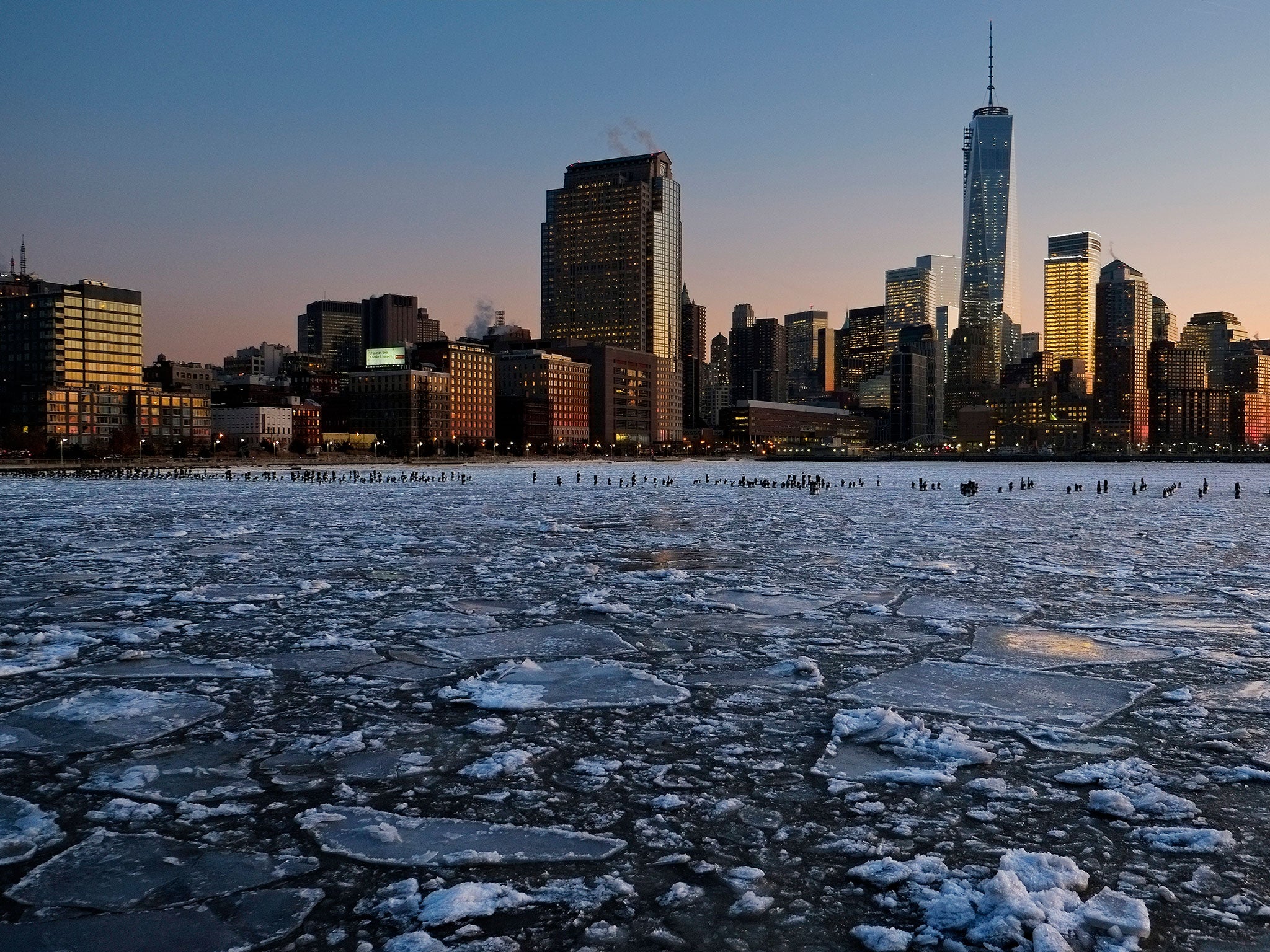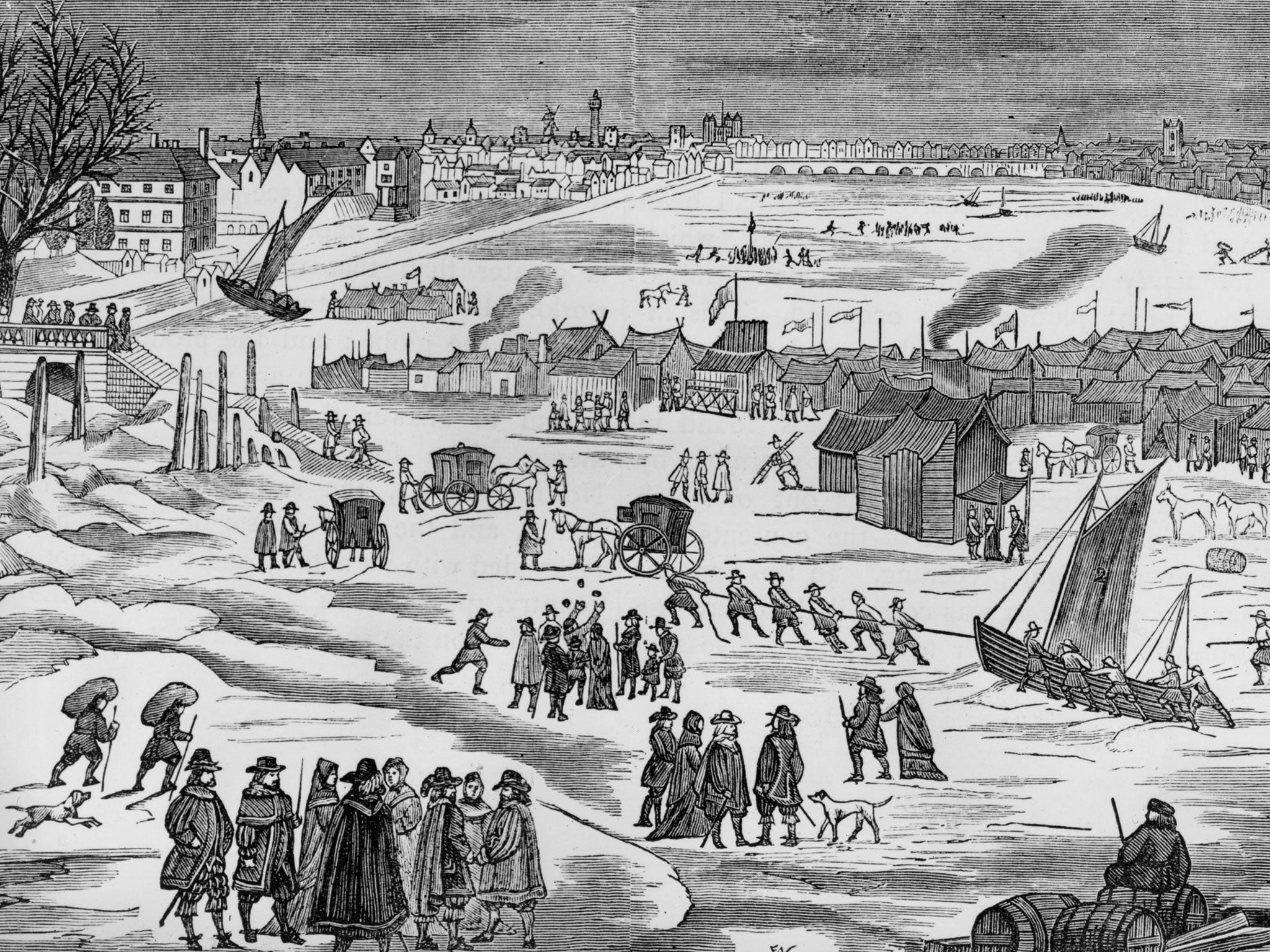Sun to experience solar activity similar to that of 'Little Ice Age' hundreds of years ago
There will be another Little Ice Age in 2030, according to solar scientists – the last one was 300 years ago

The Sun will experience solar activity similar to that witnessed in the 17th- and 18th-century when a so-called "Little Ice Age" significantly cooled northern Europe and parts of North America, solar scientists have said.
We are now able to predict solar cycles with far greater accuracy than ever before thanks to a new model which shows irregularities in the Sun’s 11-year heartbeat.
The model shows that solar activity will fall by 60 per cent between 2030 and 2040.
The conditions predicted have not been experienced since the last "Little Ice Age" which lasted from 1645 to 1715, called the Maunder Minimum, although since the earth is now warmer we are unlikely to see a return to the temperatures experienced then.

The findings are being presented by Professor Valentina Zharkova at the National Astronomy Meeting in Llandudno.
In 1843 scientists first discovered that the sun's activity varies over a cycle of 10 to 12 years.
Fluctuations within that cycle have been difficult to predict, although many solar physicists knew that the variations were caused by a dynamo of moving fluid deep inside the sun.
Professor Zharkova’s team of researchers has found that adding a second dynamo close to the surface of the sun, creates a far more accurate model.
The scientists found magnetic waves in two different layers of the sun’s interior which fluctuate between the northern and southern hemispheres of the sun.

“Combining both waves together and comparing to real data for the current solar cycle, we found that our predictions showed an accuracy of 97 per cent," Professor Zharkova said.
The magnetic wave patterns show that there will be fewer sunspots in the next two solar cycles. Cycle 25, which peaks in 2022 and Cycle 26, from 2030 to 2040 will both have a significant reduction in solar activity.
Join our commenting forum
Join thought-provoking conversations, follow other Independent readers and see their replies
0Comments